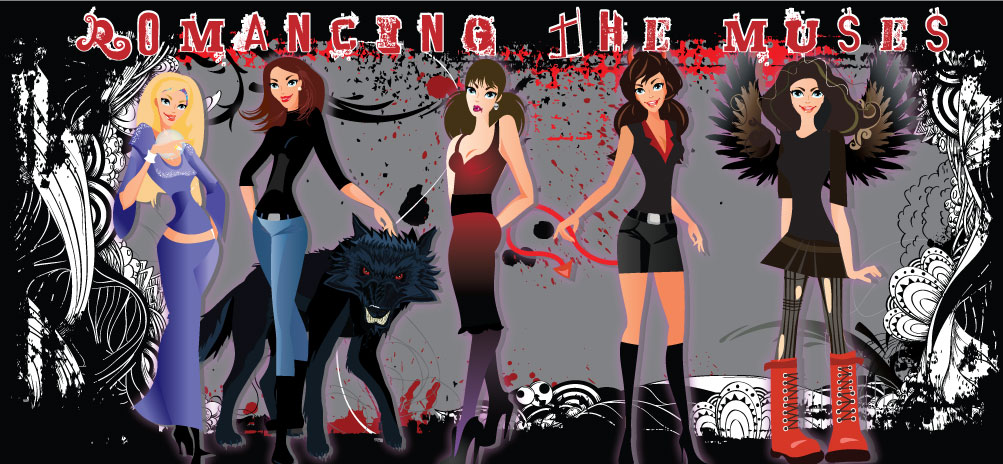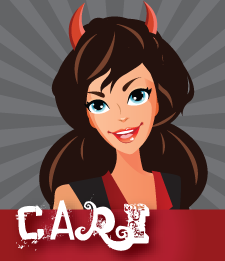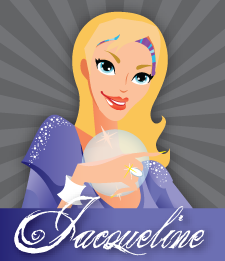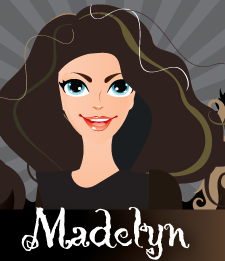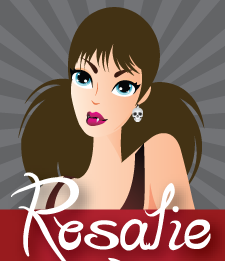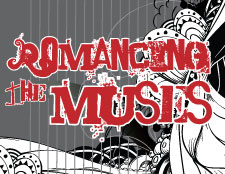I'm turning things over to Ms. Kacey Hammell this week to discuss the love and hardships of all things writing. Ms. Hammell is also celebrating a new release,
Illusions, which premiered last week with Decadent Publishing.
MUSES: Tell us a bit about the process behind your debut publication. What did you learn? Is there anything you know now you wish you’d known then?
K. HAMMELL: Going back a few years when I first wrote ILLUSIONS, I wish I understood Isabella Knowles a bit better. I had suffered loss in my life, but at that time, not a parent. It’s a very different loss when it’s a parent. In ILLUSIONS, Isabella still tries to move past the loss of her mother and I didn’t understand her, the tragedy as I thought I had.
This time, in going back to revise ILLUSIONS extensively for re-release, she and I had a deeper friendship and understanding of one another. I was able to let her lead easier and she gave me the same trust.
MUSES: Tell us a bit about your new release. How did it challenge you?
K. HAMMELL: As said above, ILLUSIONS was a great challenge. But beyond just Isabella and I becoming friends, the story challenged me as it was my first and I didn’t want to push the envelope too much. I allowed the characters to lead me but I held back a bit. In writing a first story, I found that I was hesitant to go too outside the box and offend anyone—publishers and/or readers!
But in the end, I’m more than pleased with the story and the sequels to come.
MUSES: How quickly did it take you to realize that writing the book is just the first part in a very long battle?
K. HAMMELL: As soon as I received the acceptance from the publisher, nerves set in and my head spun. *g*
In finding avenues to feature the story, get the blog constantly updated, advertising set up, editing/re-working the story while trying to keep the insecurities at bay, it is very exhausting! LOL
I found the writing/signing paperwork the fun parts! It’s all so worth it though!
MUSES: What is your opinion on reviews?
K. HAMMELL: As a past reviewer, I respect those reviewers who are respectful of the authors/stories they are reviewing and know that they do lend to the popularity of the work. Most reviewers who review understand how to do it – with tact, respect and comprehensively – don’t let the “power” go to their head and keep things professional. There are many reviewers who are the exact opposite and don’t get my time at all.
Reviews are very much needed to spread the word about publishers/authors/stories.
MUSES: Is there some aspect of writing you find more challenging than another? Can you share what that is?
K. HAMMELL: Seeing my own mistakes is a challenge for me. I zip through a story when writing, I don’t go back and correct anything until the story is written, which lends to there being times when I can’t see every error/flaw. Also, trying to stay within a certain word count or inside of a box (example: for a specific submission call/theme) too limiting. I like the freedom to just write without staying within a guideline for specific theme/storyline.
I find writing blurbs a challenge too. I never get it right on the first try.
MUSES: How much of what you write is from experience?
K. HAMMELL: A lot of it. I hope I’m not the only one that let’s real life into their work. But in writing contemporary, it’s hard not to. Whether it’s personal – tragedies, evenings out with spouses, high points of celebration, friendships – things tend to creep into a story. I think it adds a deeper quality to the story(ies) to sprinkle in some experiences/personal aspects.
MUSES: You have developed quite an Internet presence. How do you find the time to write when you seem to be everywhere?
K. HAMMELL: Scheduling. I’ll use a few hours during the day to do the tweeting/FB posting, discussing real life happenings etc., then write for a few hours. I don’t write every single day, I have found that I can’t unless I’m inspired by a story. Once done one story, I’ll set it aside for three to five days then go back to it to do the self-edits. Once those are done, unless a new story has instantly struck, I’ll take another break from writing for a few days then look at WIP folder and go from there. In doing things like this, I can balance the online presence with writing. For now at least…what works today might not work in six months! LOL
MUSES: What does an author have to do to capture your attention?
K. HAMMELL: A compelling blurb & rocking cover capture my attention first. The story within has to wow me – plot, depth, layers and characters -- in order to continue buying the author. I am a series bookaholic. I love authors who write top-notch characters, settings, adventure that are all a part of a series. I like revisiting characters we meet in book one who get their own stories.
MUSES: What authors have most influenced you in your journey? Do you try to emulate them in your own writing?
K. HAMMELL: I deeply respect authors like Jaci Burton, Nora Roberts/JD Robb, Suzanne Brockmann, Sara Brookes, Cindy Gerard, Cherry Adair, Patricia A. Rasey, and Rosalie Stanton. I have followed their careers for years, some since they began writing, and respect their views and appreciation for their readers and the chance to write continually. Each author has been inspiring to me in the way they handle themselves, the attentions they have for the readers and the consistency with which they write each book. They put their stories and readers first, which is awesome, and I’m never disappointed with anything they write.
I don’t try to emulate them at all, but I do hope that I follow the same type of respect to the readers and my stories as I believe they have in their careers.
MUSES: Tell us a bit about your favorite literary character, and what qualities made him/her stand out as more than just a name on a page.
K. HAMMELL:I have three characters that stand out for me. In all the years I’ve been reading, I can’t pick just one.
Anne of Green Gables by LM Montgomery. She is a red-haired, freckle-faced orphan who faces the world with absolutely nothing but the sheer force of her personality.She is feisty, funny and above all unabashedly passionate. I love her. My parents always said I reminded them of her when I was growing up. High compliment indeed.
Thomas Harris's
Hannibal Lecter…perhaps not the most common, maybe a surprising pick, but there is just so much to the man. His exquisite taste, well read, and surrounds himself with utter beauty. Plus being such a vicious and mean killing machine, the most devious within all of the literary world, makes him memorable and formidable.
Elizabeth Bennett, from
Pride and Prejudice. Lizzie is such a complex character, but one of humour and spunk. She’ll tell a joke, make provocative remarks and loves to laugh out loud. She is utterly delightful.
MUSES: When you’re not writing or reading, what typically keeps you occupied? What do you enjoy doing in your free-time?
K. HAMMELL:I like to walk/hike with my kids and hubby, we go to the movies a lot and I enjoy snuggling in front of the TV together.
MUSES: Any harsh realities would you wish to impart on aspiring authors?
K. HAMMELL:Rejections are a part of the business. Take them, feel that initial sting for an hour or two, then brush them off. Find another publisher to try. If one publisher gives you feedback (not all do), then re-read your story, look for what details they give you and revise if you agree. Never think your story is absolutely perfect and discount what the publisher(s) has to say. Really look at your story for the aspects they found flawed and think about revisions. Getting a rejection is hard and they sting. But in the end, they are sometimes the best advice an author is given.
MUSES: Where can readers find you?
Website/Blog
Facebook
Twitter
Amazon
Email
Goodreads
Thank you for taking the time to chat with us, Kacey! Wishing you many sales on your new release!
